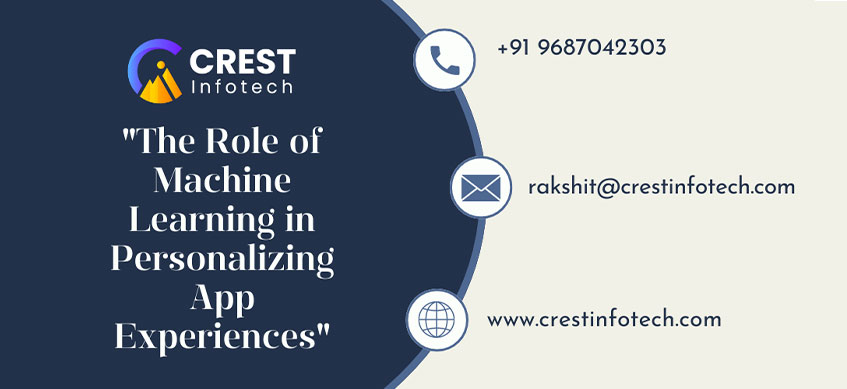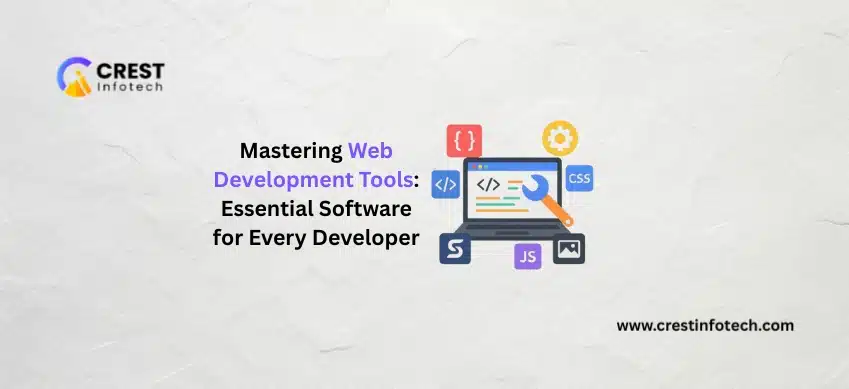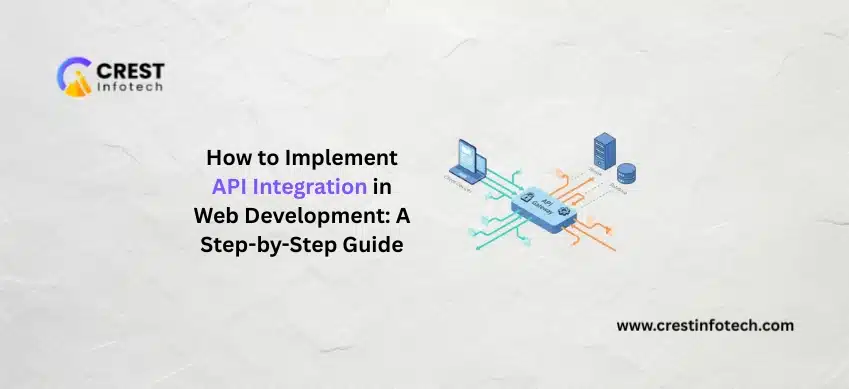In today’s digital age, personalized user experiences have become a key differentiator for mobile applications, enabling businesses to engage users more effectively and cater to their individual preferences and needs. Machine Learning (ML) plays a pivotal role in enhancing app personalization by leveraging data-driven insights to deliver tailored content, recommendations, and interactions. This article explores how machine learning is transforming app experiences, its benefits, applications, and best practices for implementing ML-driven personalization strategies.
Understanding Machine Learning in App Personalization
Machine Learning algorithms enable apps to analyze vast amounts of user data, learn from patterns and behaviors, and make intelligent predictions and recommendations. In the context of app personalization, ML algorithms process user interactions, preferences, and contextual data to deliver customized content, features, and recommendations in real-time. Key components include:
- Data Collection and Analysis: Gathering user data such as demographic information, behavioral patterns, and interaction history across devices and platforms.
- Algorithm Development: Developing ML models (e.g., recommendation engines, predictive analytics) that learn from user data to make personalized predictions and decisions.
- Real-time Personalization: Adapting app content, layouts, notifications, and interactions based on user preferences, context (location, time of day), and historical behavior.
Benefits of Machine Learning in App Personalization
- Enhanced User Engagement:
- Provides relevant and personalized content, product recommendations, and notifications that resonate with individual user interests and preferences.
- Increases user satisfaction and engagement by delivering timely and contextual interactions tailored to user behavior and preferences.
- Improved Conversion Rates:
- Drives higher conversion rates by presenting users with personalized offers, recommendations, and content that align with their interests and purchasing behaviors.
- Reduces friction in the user journey by anticipating user needs and guiding them towards relevant actions or purchases.
- Optimized User Retention and Loyalty:
- Increases user retention and loyalty by fostering a personalized app experience that meets individual user expectations and preferences.
- Encourages repeat usage through tailored content, personalized notifications, and proactive engagement based on user behavior patterns.
- Data-Driven Decision Making:
- Empowers businesses to make informed decisions based on data-driven insights into user behavior, preferences, and engagement patterns.
- Enables continuous optimization of app features, content strategies, and user interactions to maximize app performance and user satisfaction.
Applications of Machine Learning in App Personalization
- Content Recommendations:
- Recommending personalized content, articles, products, or media based on user interests, browsing history, and past interactions.
- Behavioral Prediction:
- Predicting user preferences, purchasing behavior, and interaction patterns to personalize app experiences in real-time.
- Dynamic UI/UX Adaptation:
- Customizing app interfaces, layouts, and navigation based on user preferences, device type, and contextual factors (e.g., location, time of day).
- Predictive Search and Auto-fill:
- Enhancing search functionalities with predictive text, auto-complete suggestions, and personalized search results based on user behavior and historical data.
Best Practices for Implementing ML-Driven Personalization
- Data Privacy and Security:
- Prioritize user data privacy and compliance with data protection regulations (e.g., GDPR, CCPA). Implement secure data handling practices and obtain user consent for data collection and personalization.
- Continuous Learning and Iteration:
- Continuously train and update ML models with new data to improve accuracy, relevance, and effectiveness of personalized recommendations and interactions.
- A/B Testing and Experimentation:
- Conduct A/B testing and experimentation to validate ML-driven personalization strategies, optimize algorithms, and refine user experiences based on performance metrics.
- Cross-platform Integration:
- Ensure seamless integration of ML-driven personalization across multiple platforms (iOS, Android, web) to deliver consistent and cohesive user experiences.
- Transparency and User Control:
- Provide transparency into how user data is used for personalization purposes and offer users control over their preferences, personalized content settings, and notification preferences.
Conclusion
Machine Learning is revolutionizing app personalization by enabling developers and businesses to deliver tailored, engaging, and relevant experiences that resonate with users on a personal level. By leveraging ML algorithms to analyze user data, predict preferences, and automate personalized interactions, apps can enhance user engagement, retention, and conversion rates significantly. Implementing best practices such as prioritizing data privacy, continuous learning, A/B testing, and cross-platform integration ensures that ML-driven personalization strategies are effective, ethical, and aligned with user expectations.
As the demand for personalized app experiences continues to grow, integrating machine learning capabilities into app development processes will be crucial for staying competitive, enhancing user satisfaction, and driving long-term success in the dynamic mobile app landscape.
This article explores how Machine Learning is transforming app experiences through personalized content, recommendations, and interactions, highlighting benefits, applications, and best practices for implementing ML-driven personalization strategies effectively. Adjust content based on specific industry trends, technological advancements, and user engagement strategies relevant to your app development and personalization initiatives.



